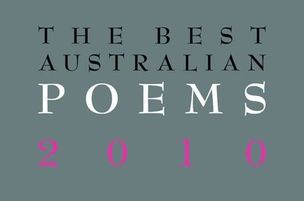Writing a Dear John letter while reading Abraham and Torok*Dear [insert name here],
You have eaten me (a me that stands in for another that is). They call it incorporation. You swallowed me deep in your belly of unsobbable sobs, of unsayable to be saids. in your belly of rotting sugar. You kept me on a chain
like a pet you starve at the door of the crypt (of your child mother). They call you a cryptophore, a poem, a poet. They dare to re-write Hamlet and I dare to re-write you. Of course the secret, not just any secret, not just a secret, but a tomb, an enclave, a haunting ... your grandmother God in her cardigans giving you the gaps, giving you the fear, the wordless passing of the baton of shame, of shame and the silence of corpses screaming. They call it the phantom. I want out your belly love, to stand with Hamlet in an ending re-imagined, in an ending where only the dead are buried. *The collected essays of the Hungarian-French analysts and theorists Nicolas Abraham and Maria Torok were published in The Shell and the Kernel (Volume 1) in 1994. Abraham and Torok fused philosophy, psychology, linguistics, and literary theory to posit their unique view of trauma, with particular focus on transgenerational transmission. Their work is a significant development in psychoanalytic theory that pays homage to the more enduring aspects of Freud’s thinking while offering a radical critique of some of its limits and misconceptions. |
